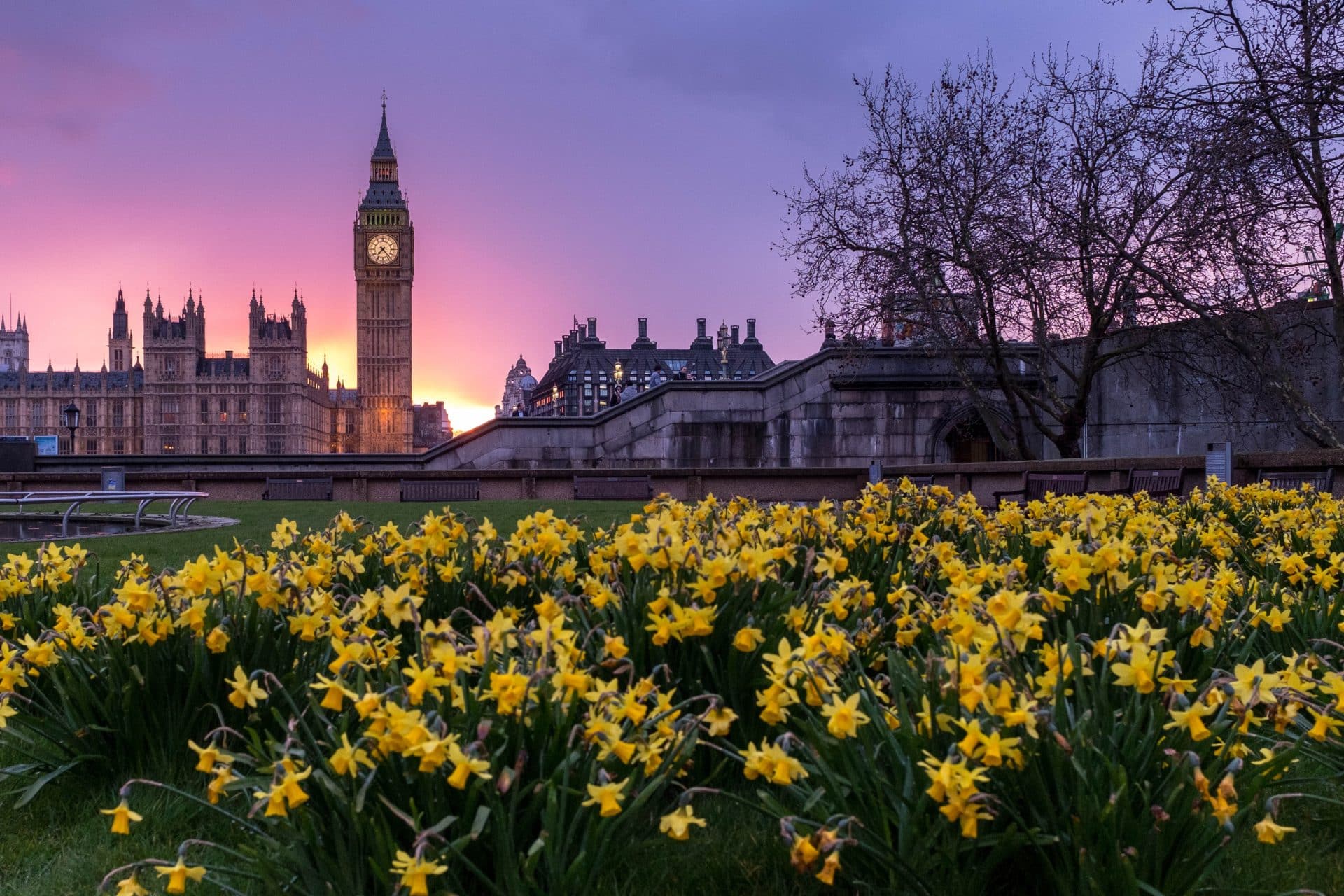The Bishop of Coventry wrote under this heading in The Sunday Express on 22 February:
THE PEOPLE of the Cross, the followers of the hostile Egyptian Church…
That is how IS militants described the 21 Coptic Christians they captured, murdered then publicised around the world a week ago.
This is the latest in an increasingly horrific series of attacks on Christians across the Middle East, where Christianity began. It won’t be the last.
For the Church in these lands persecution has long been present but it has never been as savage or well publicised.
It would be somewhat comforting if we could see the perpetrators of such violence as mad psychopaths whose motives could never be understood.
They are not. Instead they are committed to violence because they believe that it is the route to a perfect society, a utopia. Such a belief is shared by violent movements around the world, religious or otherwise.
So the motivation for the Islamic State is no throwback to medieval times. It’s as modern as the online videos they use.
The IS perversion of theology is matched only by their ignorance of history. Its militants accuse their Coptic victims of being Crusaders. In fact, the Coptic Church opposed the Crusades.
They are, and always have been, loyal citizens of Egypt.
They are one seam in the rich landscape of Middle Eastern Christianity. Others include the Assyrian Church, which shares a language with Jesus, and the Syrian Orthodox Church that predates St Paul. Along with these stand the familiar Greek Orthodox, Catholic and Protestant churches which also have deep roots in the Middle East.
Like their churches, Middle Eastern Christians themselves have always been well established in their home countries. They speak Arabic, attend university and have careers. They make a real contribution to their nations. Or they did until recently.
The Christian community in Iraq dropped from 1.5 million in 2003 to as few as 200,000 in 2013.
Their number has fallen still further after the onslaught of IS.
It is “beyond all belief,” said the Prince of Wales recently, “that that very faith which has been there for so long is under threat of complete removal.”
The Iraqi Chaldean Archbishop Bashar Warda notes the stark reality: “Christians in Iraq have come to the absolute conviction that their country is not theirs.”
And according to the charity Open Doors, the persecution of Christians worldwide is getting worse. More broadly, a study by the Pew Research Center found that 76 per cent of the world’s population lives in countries where the state or other groups restrict religious freedom.
This 76 per cent is made up of people from all faiths and none. It means that religious freedom is everyone’s problem and everyone’s responsibility. From a Christian perspective it cannot be good enough to have freedom for Christians alone. It is a Christian imperative for all to be free to practise their beliefs. So how can we work for religious freedom for all? How do we go beyond solidarity with the persecuted and help put a stop to their suffering?
It’s up to us to keep talking about religious freedom as many suffer persecution in obscurity.
It’s up to us to defend tolerance at home by word, example and hospitality, so we may campaign for it abroad. It’s up to us to promote a more hopeful narrative than the extremist obsession with death and violence. We must provide the alternative to their disregard for human life and their use of faith as a smokescreen.
Here we can look to the Coptic Church. Eighteen months ago their churches in Egypt were attacked by extremists who hoped to provoke them to violence and create a cycle of conflict.
Instead, the Christians responded peacefully. Muslims formed human chains around churches to protect them.
Egyptians expected a cycle of violence, they got a cycle of peace.
Coventry’s story after its bombing speaks with the same voice. Retaliation deepens the wound, reconciliation begins its healing.
Such healing is indeed a long and difficult road but it is our only hope of dealing with such appalling violence and its roots.
It is the road of the People of the Cross who, as St Paul writes, are not “overcome by evil but overcome evil with good”.

